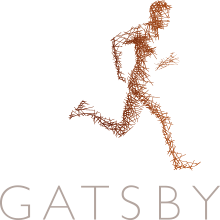Support For Industry Placement Mentors
9. Meeting individual needs
Mentoring is a one-to-one relationship. As a mentor, you’re interested in your student as an individual. That means observing them respond to events, getting to know what works for them, and targeting your support where it makes the biggest difference.


